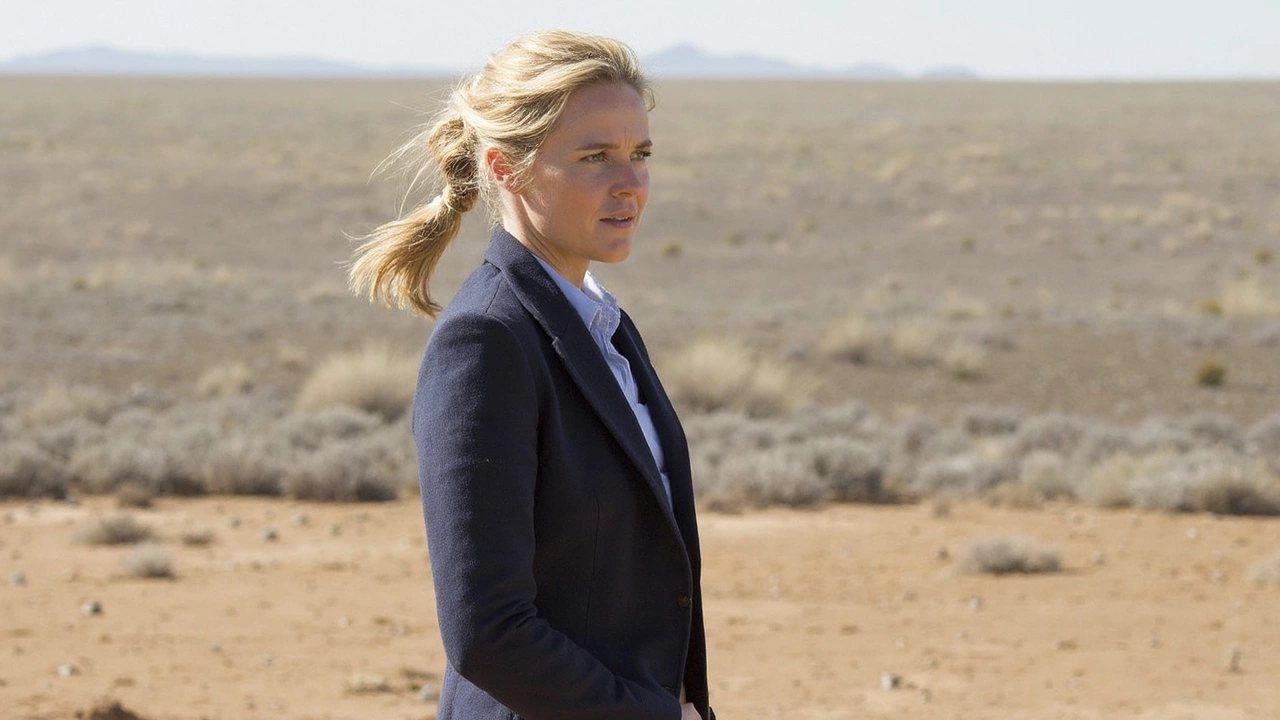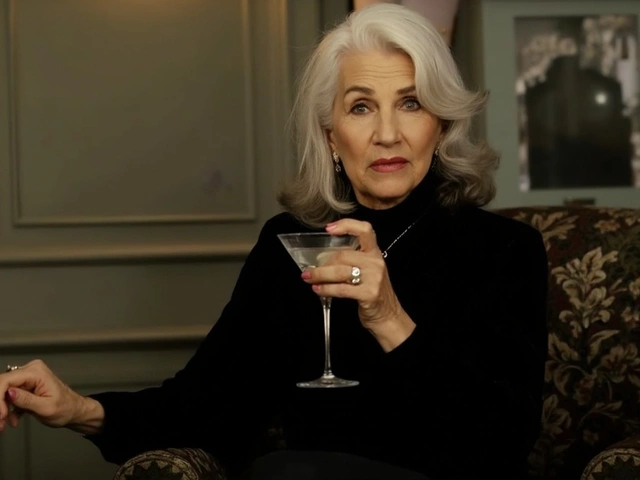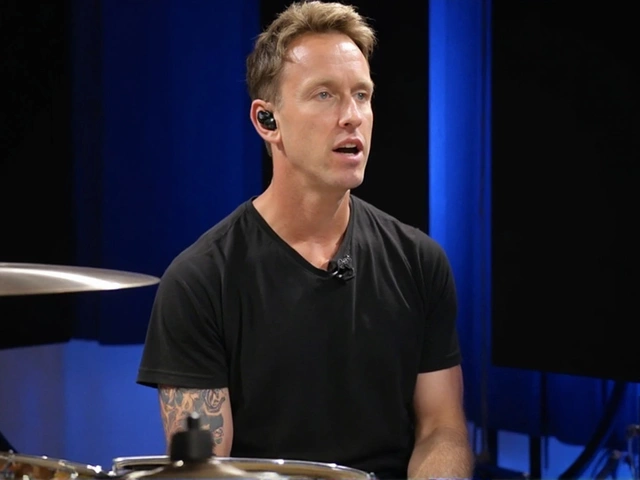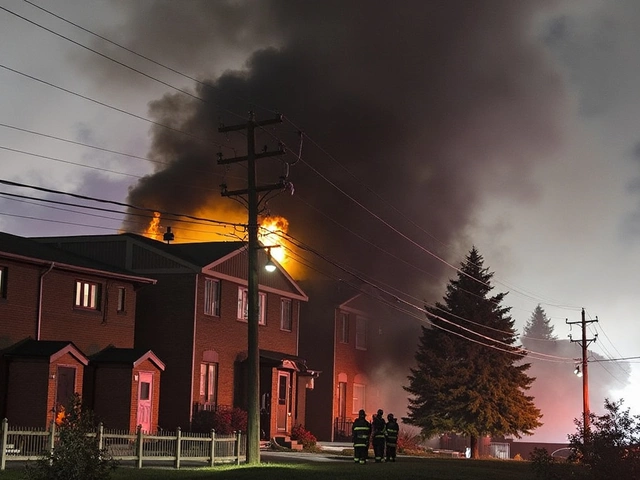Peeling Back the Layers: Rhea Seehorn’s Journey as Kim Wexler
Rhea Seehorn has kept fans glued to their screens with her role as Kim Wexler on AMC’s Better Call Saul. On the Awards Chatter podcast back in 2019, she sat down for a long chat, pulling back the curtain on what it really means to play one of television’s most quietly captivating characters. Over 90 minutes, she dove into everything from how she found Kim’s core to the thoughtful, methodical way the show’s writers let stories unfold.
Kim Wexler isn’t your typical supporting character. With a steely calm and a knack for bending the rules when it feels right, she’s just as important to the plot as Jimmy McGill (Saul Goodman himself). Seehorn explained how getting Kim right meant digging into her internal life—figuring out what drives her decisions, why she pushes back against the men around her, and how she shows resolve without ever overplaying it. For Seehorn, understanding Kim came from a place of empathy. Each script forced her to ask tough questions about morality and loyalty, but she always strived to keep Kim believable, never turning her into a saint or a villain.
The Show’s Quiet Power Comes From Its Details
Seehorn’s episode wasn’t just about character work. She offered rare insights into the unique way Better Call Saul tells its story. It moves at a deliberate pace, leaning heavy on silences, small gestures, and unspoken thoughts. Seehorn said this style drew out her best work, challenging her to make each look or hesitation count. The writers, led by Vince Gilligan and Peter Gould, built scenes that lived in the gray areas between right and wrong—something that kept her on her toes as an actor.
Fans and critics alike have pointed out that Kim Wexler’s choices often drive the show’s big moments. Seehorn shared how she felt the pressure of that responsibility but welcomed it. She worked closely with the cast and crew to make sure Kim’s actions always felt true, especially in moments where she went toe-to-toe with Jimmy or held her ground against corporate heavyweights.
On the podcast, Seehorn was clear that awards attention, while flattering, wasn’t her focus. What really mattered was the conversation she sparked with viewers—many saw themselves in Kim’s struggle to balance ambition, love, and personal ethics. By keeping things grounded and never shying away from the messy parts of Kim’s journey, Seehorn helped make Better Call Saul so much more than just a spinoff. She turned Kim into a figure whose highs and lows felt lived-in and real, cementing her place in modern TV history.





